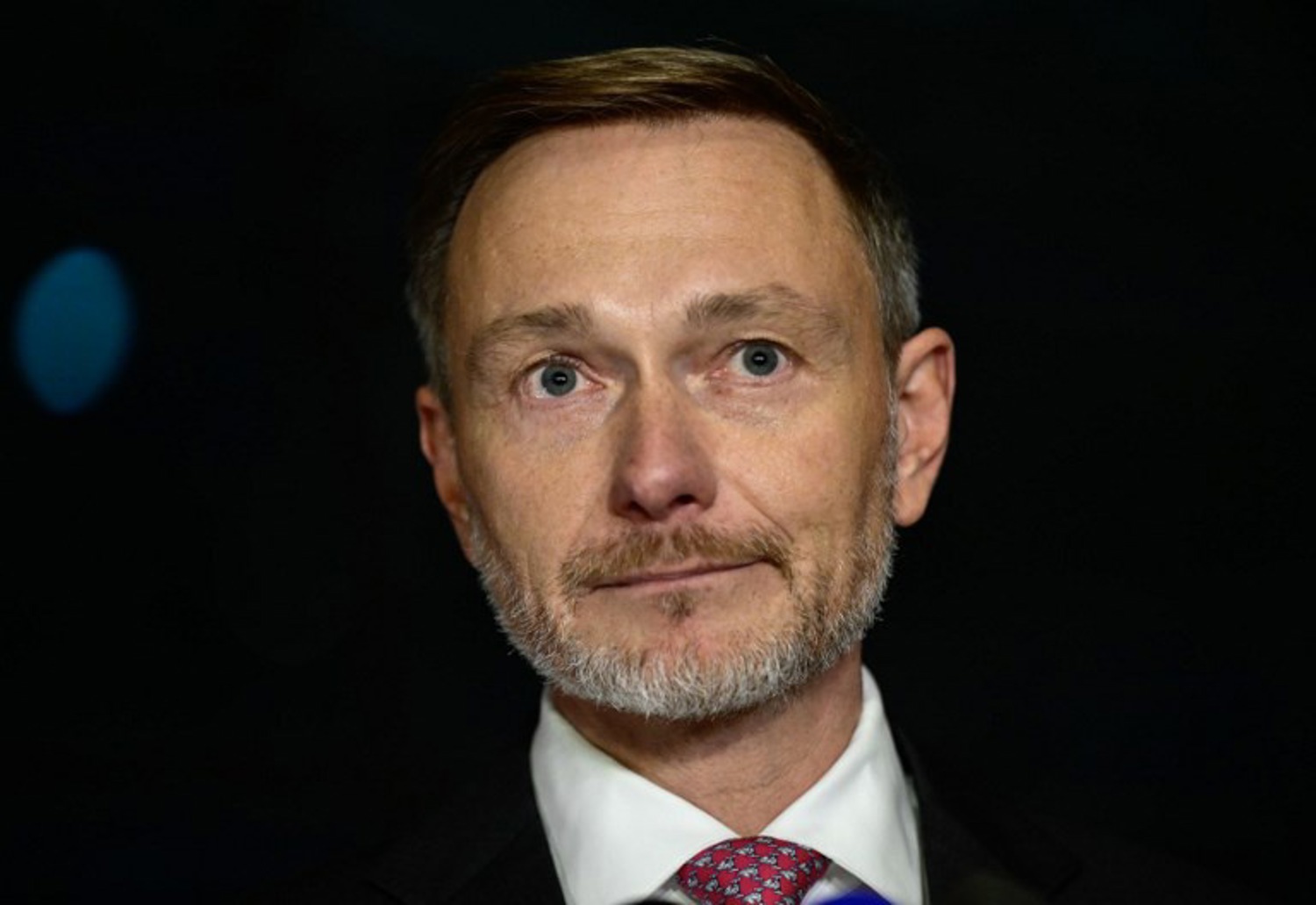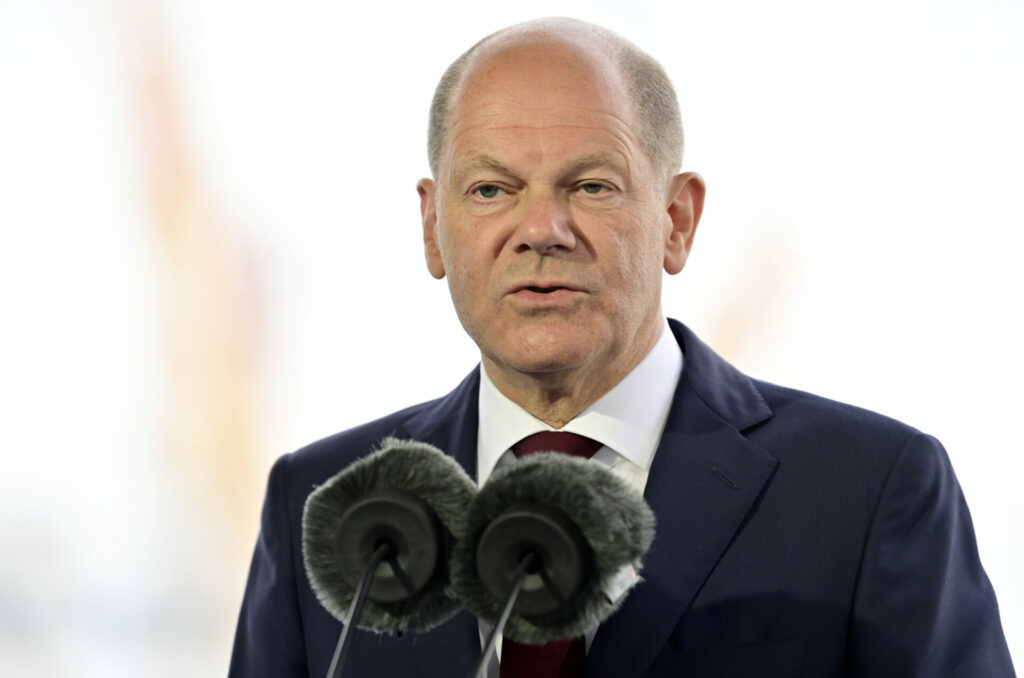Germany is entering a period of great uncertainty following the collapse of its fragile government coalition in the wake of Donald Trump’s election as US President.
The government of Chancellor Olaf Scholz fell apart on Wednesday night with the departure of all liberal ministers bar one, following Scholz's sacking of Finance Minister, Christian Lindner (FDP). His government now lacks a ruling majority at a critical time for Europe’s largest economy.
"There is not enough trust for continued cooperation," said Scholz. "Too often, [Lindner] has betrayed my trust," the Chancellor stated at a hastily arranged press conference in Berlin. His government includes, besides the Social Democrats and the Liberals, the Greens.
Germany is grappling with a serious industrial crisis, which have now been further fuelled by growing concerns over how Trump’s election will impact the country's trade and security.
The diverse German coalition, which brought together the left-wing Social Democrats and Greens with the right-wing and pro-business Free Democratic Party (FDP), disintegrated after the sacking of Finance Minister and FDP leader Christian Lindner.
The split arose over disagreements on the budget and economic policies. The Social Democrats and Greens favoured boosting the stagnant economy through spending, while the FDP have advocated for public spending cuts and stricter fiscal discipline.
"His counter-proposals are bland, unambitious, and do nothing to overcome the fundamentally slow economic growth of our country," Lindner remarked about Scholz, blaming him for the crisis.

Sacked German Finance Minister Christian Lindner addresses a press conference at the Reichstag building which houses Germany's lower house of parliament (Bundestag) in Berlin after a coalition committe meeting on November 6, 2024. Credit: John MacDougal / AFP
Scholz hopes to hold on for a few more months to lead a minority government, and pass key pieces of legislation by seeking majority support on a case-by-case basis.
As for the 2025 budget, which triggered the current crisis, its fate remains uncertain. If not passed by Parliament, a minimal and reduced version may be implemented from January.
The Chancellor has announced that he will pave the way for early elections by submitting to a vote of confidence in mid-January, which he is likely to lose.
Should this occur, the election, initially scheduled for September, could be held "by the end of March at the latest," according to Olaf Scholz.
If elections were held tomorrow, the conservative opposition would lead with more than 30% of the vote according to polls, making their leader, Friedrich Merz, the favourite for Chancellor.
However, he too would struggle to form a majority coalition, with the far-right AfD trailing in second place in the polls.

